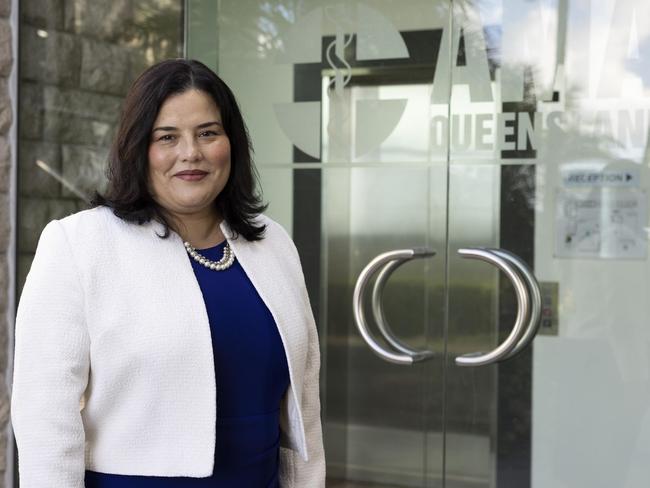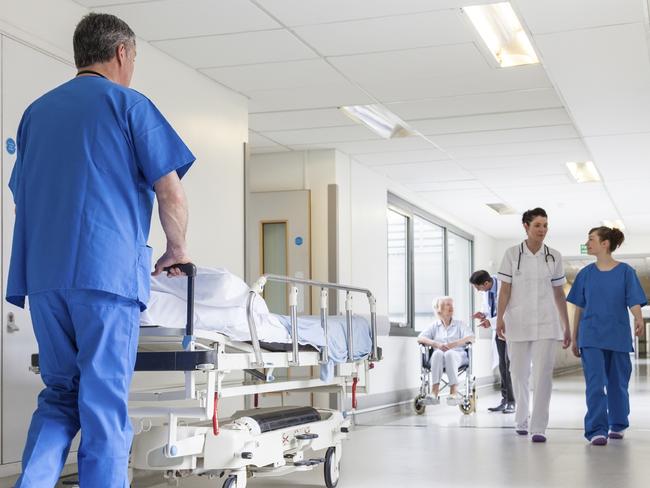Push to make hospital bosses responsible for the mental health of doctors
Queensland’s peak medical body has called for the state government to legislate to make hospital bosses directly responsible for the mental health of increasingly overworked and stressed out doctors.
QLD News
Don't miss out on the headlines from QLD News. Followed categories will be added to My News.
In an unprecedented move the state’s peak medical body is pushing for the Queensland government to change the law to make hospital bosses directly responsible for the mental health of increasingly overworked and stressed out doctors.
At a Health Workforce Mental Health and Wellbeing Summit held at the Hotel Grand Chancellor in Brisbane on Thursday, the Australian Medical Association Queensland (AMAQ) focused on suicides in the medical workforce, and urged the government to follow South Australia’s lead in introducing legislation to make hospitals responsible for struggling medics, who are often reluctant to seek out help for fear of professional repercussions and social stigma.
The Queensland Government agreed to hold the summit following AMAQ’s calls to bring together experts, government, academics, medical leaders and doctors to work on practical solutions to ease pressures on the medical workforce, particularly on doctors in training and medical students.

“The first article listed in the PubMed database on physician suicide was published in 1922,” AMAQ President Maria Boulton said.
“Sadly, 100 years later the problem continues to be swept under the rug or be paid lip service by leaders in hospitals and in medical education.
“Hospital administrators in Queensland must take responsibility for their staff’s mental wellbeing in the same way that hospital directors in South Australia are required to under law.”
“We are calling on the Queensland government to mirror the South Australian laws as a first step in protecting vulnerable staff,” she said.
AMAQ Committee of Doctors in Training (CDT) Chair Rob Nayer said the statistics were startling.
“Today, female doctors die by suicide at 227 per cent the rate of the general population and male doctors at 141 per cent,” he said.

“Doctors in training are especially vulnerable. One in five reports suicidal ideation and one in two experience moderate to high distress.
“We don’t want to see another doctor take their life. It’s time for the Queensland Government to take action.”
AMAQ’s annual Resident Hospital Health Check surveyed doctors in training for the past seven years and found junior doctors were increasingly overworked and fatigued to the point they fear making a clinical error.
This figure rose by 12 percentage points in 2022 to 60 per cent of respondents.
“Every year, more and more doctors in training raise fatigue and overwork as a key concern, and the pandemic has exacerbated the pressure,” Dr Nayer said.
“This year we have seen unprecedented stresses on our hospitals, doctors, and all healthcare workers. We know ambulance ramping and bed block remain big issues around the state, and it’s really showing a negative impact on the frontline healthcare providers, who are frequently our junior doctor workforce.
“Doctors, nurses and all healthcare staff are exhausted and now, more than ever, hospitals need to provide a safe, supportive environment for staff.”



